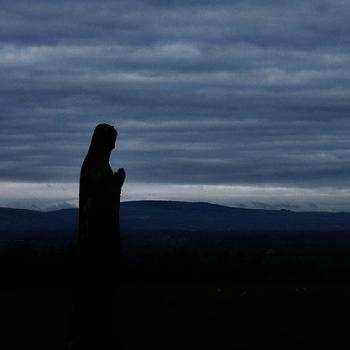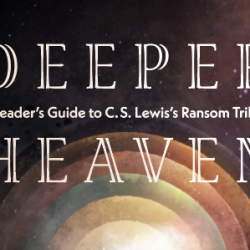Not long ago, I finished reading Samuel Goldman’s insightful (and already widely-discussed) new book After Nationalism; Being American in an Age of Division. Goldman’s book is a thoughtful extended essay on the idea of nationalism (as distinct from “patriotism” or simple love for one’s homeland); for Goldman, nationalism entails that if the motto e pluribus unum—one out of many—is indeed meaningful, the unum must be some intelligible unifying principle or other. And with that in mind, Goldman proceeds to trace... Read more
















